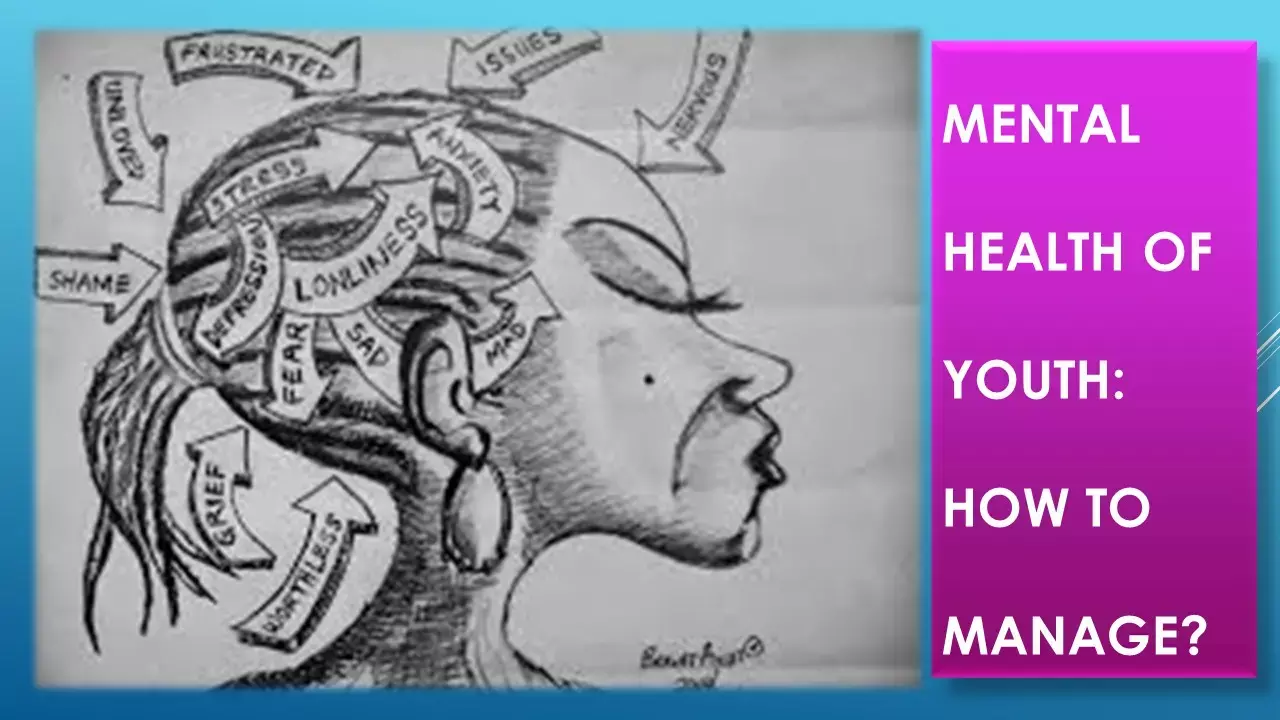- Home
- Medical news & Guidelines
- Anesthesiology
- Cardiology and CTVS
- Critical Care
- Dentistry
- Dermatology
- Diabetes and Endocrinology
- ENT
- Gastroenterology
- Medicine
- Nephrology
- Neurology
- Obstretics-Gynaecology
- Oncology
- Ophthalmology
- Orthopaedics
- Pediatrics-Neonatology
- Psychiatry
- Pulmonology
- Radiology
- Surgery
- Urology
- Laboratory Medicine
- Diet
- Nursing
- Paramedical
- Physiotherapy
- Health news
- Fact Check
- Bone Health Fact Check
- Brain Health Fact Check
- Cancer Related Fact Check
- Child Care Fact Check
- Dental and oral health fact check
- Diabetes and metabolic health fact check
- Diet and Nutrition Fact Check
- Eye and ENT Care Fact Check
- Fitness fact check
- Gut health fact check
- Heart health fact check
- Kidney health fact check
- Medical education fact check
- Men's health fact check
- Respiratory fact check
- Skin and hair care fact check
- Vaccine and Immunization fact check
- Women's health fact check
- AYUSH
- State News
- Andaman and Nicobar Islands
- Andhra Pradesh
- Arunachal Pradesh
- Assam
- Bihar
- Chandigarh
- Chattisgarh
- Dadra and Nagar Haveli
- Daman and Diu
- Delhi
- Goa
- Gujarat
- Haryana
- Himachal Pradesh
- Jammu & Kashmir
- Jharkhand
- Karnataka
- Kerala
- Ladakh
- Lakshadweep
- Madhya Pradesh
- Maharashtra
- Manipur
- Meghalaya
- Mizoram
- Nagaland
- Odisha
- Puducherry
- Punjab
- Rajasthan
- Sikkim
- Tamil Nadu
- Telangana
- Tripura
- Uttar Pradesh
- Uttrakhand
- West Bengal
- Medical Education
- Industry
Mental health issues in youth: Mind My Mind or Management as usual?

A study published in JAMA-psychiatry conducted a randomized clinical trial, in Denmark, comparing the effectiveness of a new trans-diagnostic CBT program Mind My Mind vs Management as Usual (MMM vs MAU) in youths with emotional and behavioral problems. It was found that MMM outperformed MAU in a community setting on multiple, clinically relevant domains in youth with emotional and behavioral problems.
50% of mental disorders begin before 14 years of age. Youths with mild to moderate symptoms of anxiety, depression, or behavioral disturbances have an increased risk of adverse adult outcomes. Evidence suggests that cognitive-behavioral therapies (CBTs) are effective for the indicated prevention and treatment of childhood anxiety, depression, and behavioral difficulties. A new transdiagnostic CBT program for prevention and early treatment of youth problems is developed, below the threshold for a psychiatric referral.
It was hypothesized that
(a) the parent-reported impact of mental health problems would be significantly improved for youth receiving MMM vs MAU after the 17-week intervention.
(b) comparing the effectiveness of MMM vs MAU on parent-, self-, and teacher-reported outcomes of psychopathology, daily functioning, school attendance, health-related quality of life, and potential harms at weeks 18 (after the 17-week MMM intervention) and 26.
To identify study participants a web-based questionnaire, including the Strengths and Difficulties Questionnaire (SDQ) and an algorithm combining parent-reported scores of emotional and behavioral problems and functional impairments was filled.
A psychopathological interview to screen for developmental and mental disorders was done. Top problems identified by parents and participants were recorded using their own words, and the problem severity was scored from 1 to 10, with 10 indicating greatest severity.Patients selected were of 6 to 16 years of age and in compulsory school; having anxiety or depressive symptoms, and/or behavioral disturbances as top problem; and parent reported SDQ Total Difficulties score of at least 14 ,Emotional Problems score of at least 5, and/or Conduct Problems score of at least 3, combined with an Impact score of at least 1.
The MMM interventions consisting of 9 to 13 weekly sessions were distilled from various methods/techniques that were applied in CBT. The MMM intervention was completed within 17 weeks, followed by a booster session after 4 weeks. The youth and parents in the MAU group were offered 2 care visits to help coordinate usual care in the municipality (weeks 2 and 17).
The primary outcome was the parent-reported change in the impact of mental problems at end of treatment (week 18), using the SDQ Impact scale.
Total of 396 youths were randomized to MMM (n = 197) or MAU (n = 199), with primary outcome data available in 177 (89.8%) and 167 (83.9%), respectively, at 18 weeks. The SDQ Impact score decreased by 2.34 points with MMM and 1.23 with MAU, from initial scores of 4.12 and 4.21, respectively. Number of responders was greater with MMM than with MAU (144 of 197 [73.1%] vs 93 of 199 [46.7%].
Secondary outcomes indicated statistically significant benefits in parent-reported changes of anxiety, depressive symptoms, daily functioning, school attendance, and the principal problem. All benefits were maintained at week 26 except for school attendance.
It was concluded that timely and effective interventions are urgently needed to meet the global burden of mental health disorders among youth. The scalable transdiagnostic cognitive-behavioral intervention MMM outperformed MAU in a community setting on multiple, clinically relevant domains in youth with emotional and behavioral problems.
Source: JAMA Psychiatry. Jeppesen P, Wolf RT, Nielsen SM, Christensen R, Plessen KJ, Bilenberg N, Thomsen PH, et al. Effectiveness of Transdiagnostic Cognitive-Behavioral Psychotherapy Compared With Management as Usual for Youth With Common Mental Health Problems: A Randomized Clinical Trial. JAMA Psychiatry. 2020 Dec 23:e204045. doi: 10.1001/jamapsychiatry.2020.4045.
M.B.B.S, M.D. Psychiatry
M.B.B.S, M.D. Psychiatry (Teerthanker Mahavir University, U.P.) Currently working as Senior Resident in Department of Psychiatry, Institute of Human Behaviour and Allied Sciences (IHBAS) Dilshad Garden, New Delhi. Actively involved in various research activities of the department.
Dr Kamal Kant Kohli-MBBS, DTCD- a chest specialist with more than 30 years of practice and a flair for writing clinical articles, Dr Kamal Kant Kohli joined Medical Dialogues as a Chief Editor of Medical News. Besides writing articles, as an editor, he proofreads and verifies all the medical content published on Medical Dialogues including those coming from journals, studies,medical conferences,guidelines etc. Email: drkohli@medicaldialogues.in. Contact no. 011-43720751


